NIMH
-
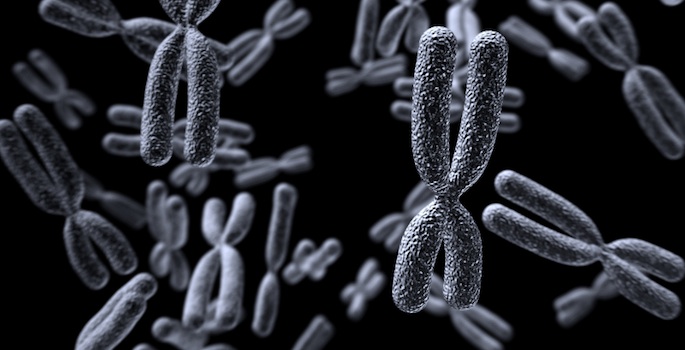
Vanderbilt researchers help reveal complex role of genes in autism
Mutations in hundreds of genes involved in wiring the brain may contribute to the development of autism spectrum disorders (ASD). Read MoreApr 4, 2012
-
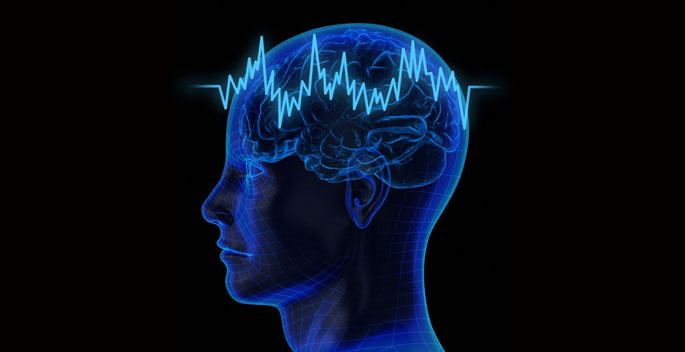
Memory intact in early psychosis
Brain deficits are not present in the early stages of schizophrenia, suggesting it may be possible to delay or prevent the development of brain abnormalities. Read MoreFeb 16, 2012
-
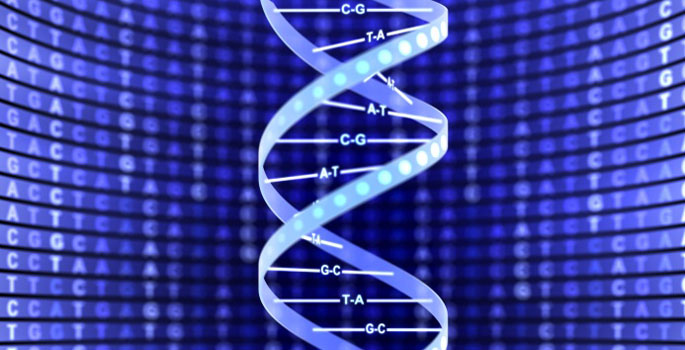
Tool finds connections in genome data
A new analytical tool points to genes that act together to increase disease risk. Read MoreFeb 8, 2012
-

Alcohol’s molecular mediators
Therapeutic agents focusing on the brain region involved in stress-induced relapse may be effective in preventing relapse in patients with alcohol use disorders. Read MoreJan 23, 2012
-

Ecstasy drug produces lasting toxicity in the brain
Recreational use of the "rave" drug Ecstasy is associated with chronic changes in the human brain. Read MoreDec 6, 2011
-
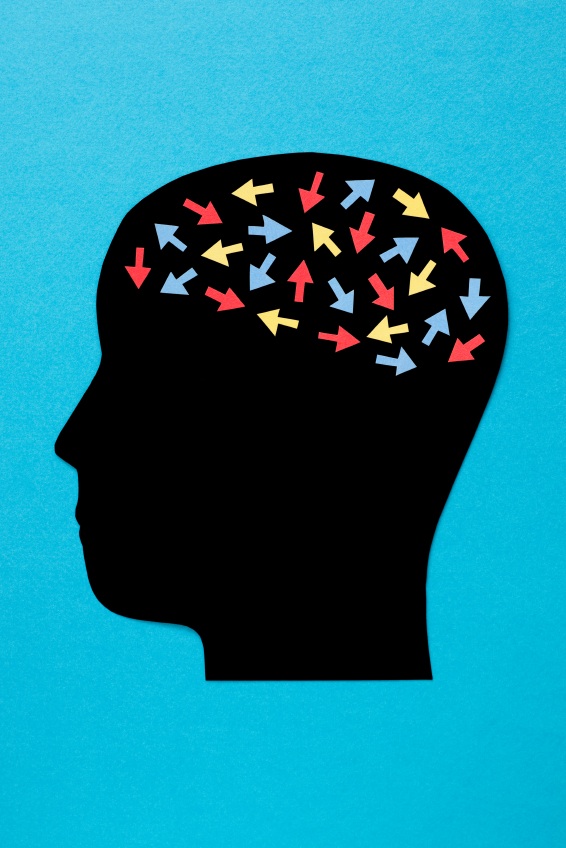
Information flow reduced in psychosis
Bipolar depression and schizophrenia share patterns of changes in neurons that regulate information flow, new research shows. Read MoreOct 21, 2011
-
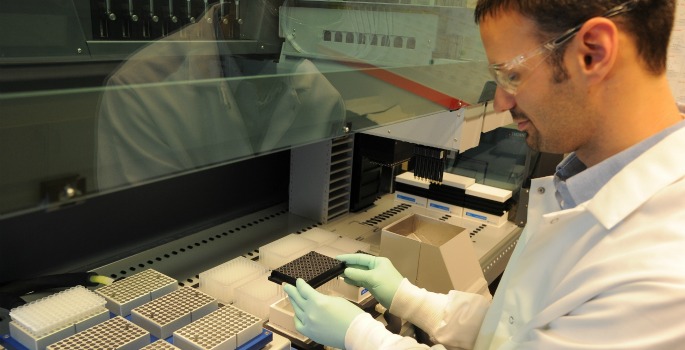
New drug-like molecules could improve schizophrenia treatment
The discovery of new compounds that work in a fundamentally different way than those in existing schizophrenia medications may allow for more normal function of brain cells involved in schizophrenia. Read MoreSep 22, 2011
-

Focus of fear in Williams syndrome
Brain imaging reveals clues about fear in Williams syndrome. Read MoreAug 11, 2011
-

Depressed brains more stressed
Patients with major depression may have altered gene expression associated with stressful conditions in certain brain areas. Read MoreAug 11, 2011
-
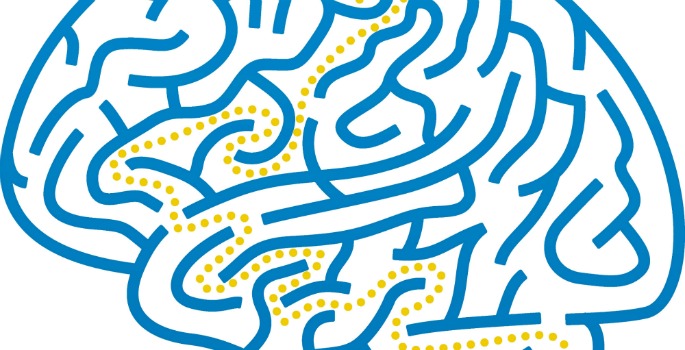
Connecting the dots in schizophrenia
Abnormalities of the hippocampus, a seahorse-shaped brain region involved in learning and memory, may play a role in the psychotic symptoms and cognitive deficits of schizophrenia. Read MoreJul 29, 2011
-

Inflammation relief: what’s the delay?
New research offers hope for patients needing the anti-inflammatory benefits of glucocorticoids without the adverse side effects associated with them. Read MoreJun 28, 2011
-
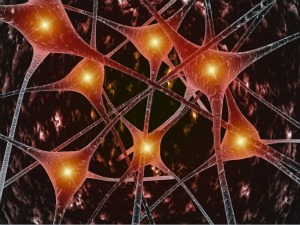
Fine-tuned protein makes memories
Researchers discover new wrinkles in how proteins build memories. Read MoreJun 24, 2011
-

Cocaine’s effects on the teenage brain
Cocaine exposure during the teen years causes long-lasting brain and behavioral changes in rats. Read MoreJun 24, 2011
-

Early treatment reduces risk of passing HIV to partner by 96 percent
HIV-positive men and women can dramatically reduce the risk of transmitting the virus to their sexual partners by beginning antiretroviral therapy early, new research finds. Read MoreMay 13, 2011
-
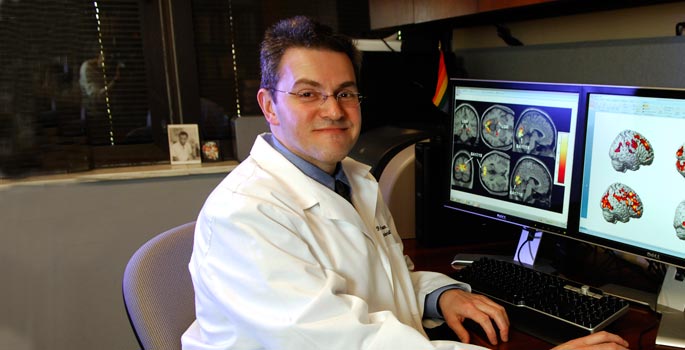
Ecstasy associated with chronic change in brain function
Recreational Ecstasy use is associated with a chronic change in brain function, raising concerns about proposals to use it to treat post-traumatic stress and other disorders. Read MoreMay 5, 2011
-
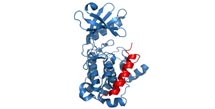
Spying on shape-shifting enzyme
New molecular views of an enzyme may inform therapies for neurological, psychiatric or cardiac diseases. Read MoreMar 18, 2011
-

Brainstorm 2011 events begin March 3
"Brainstorm 2011," a series of free public events about brain research hosted by Vanderbilt University, will explore post-traumatic stress disorder, depression and the mysteries of feelings and perception throughout the month of March. Read MoreFeb 23, 2011
-

Schizophrenics better at some memory tasks
(iStock Photo) Individuals with schizophrenia are better at some cognitive tasks than average people, new research from Vanderbilt University indicates. The findings open the door for potential new therapies for these individuals. Katy Thakkar and Sohee Park (Mary Donaldson/Vanderbilt University) “We found a pocket of spared or enhanced ability in… Read MoreJan 28, 2011